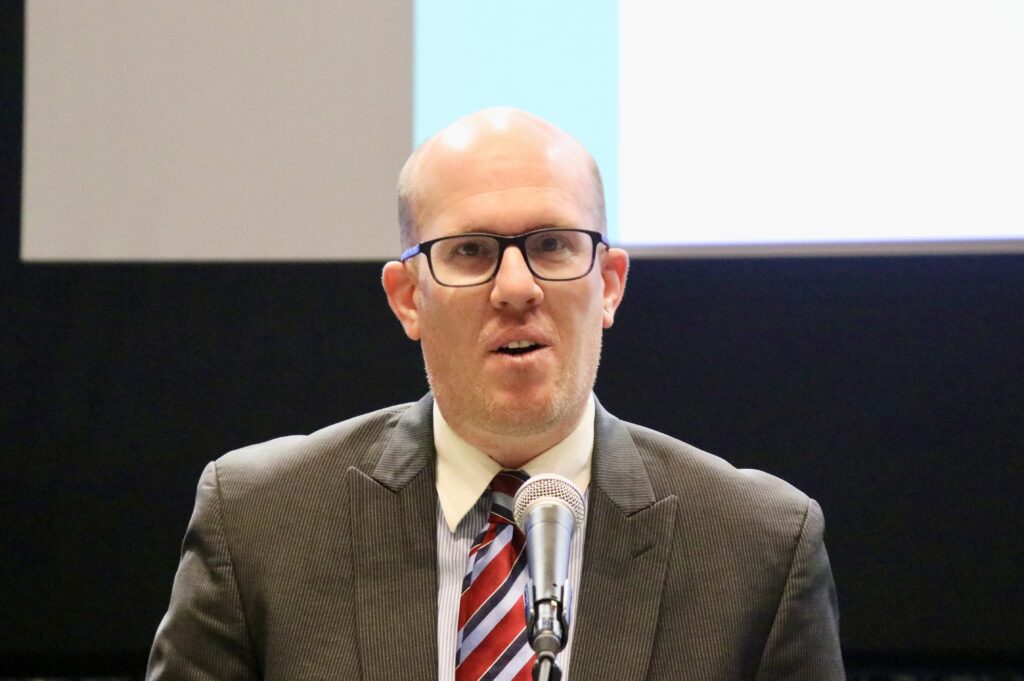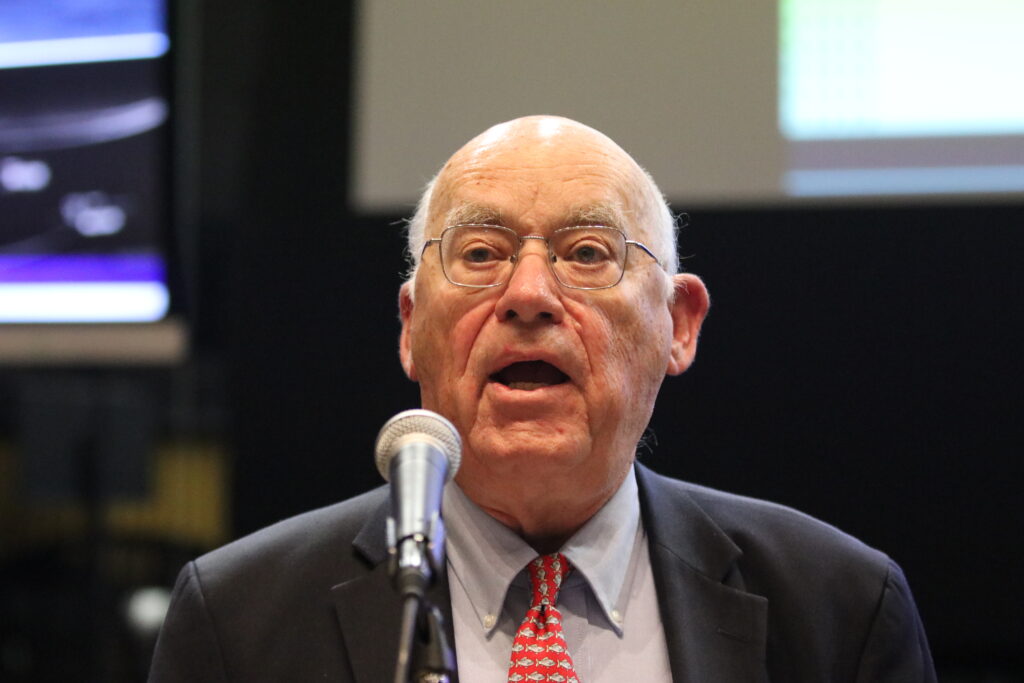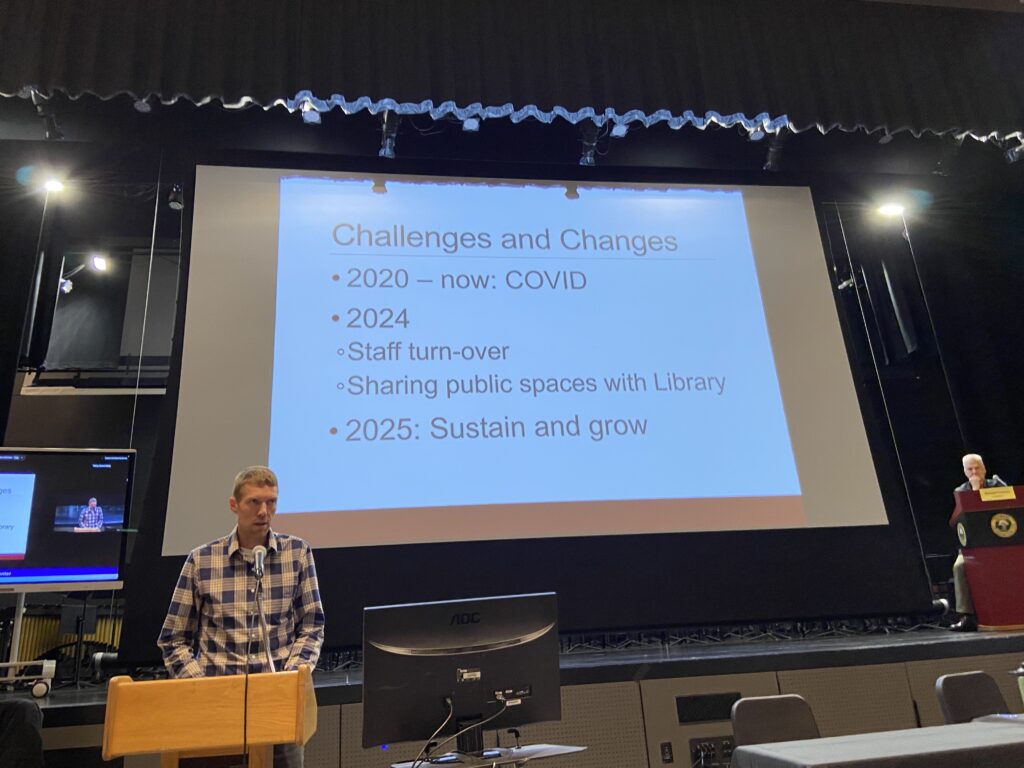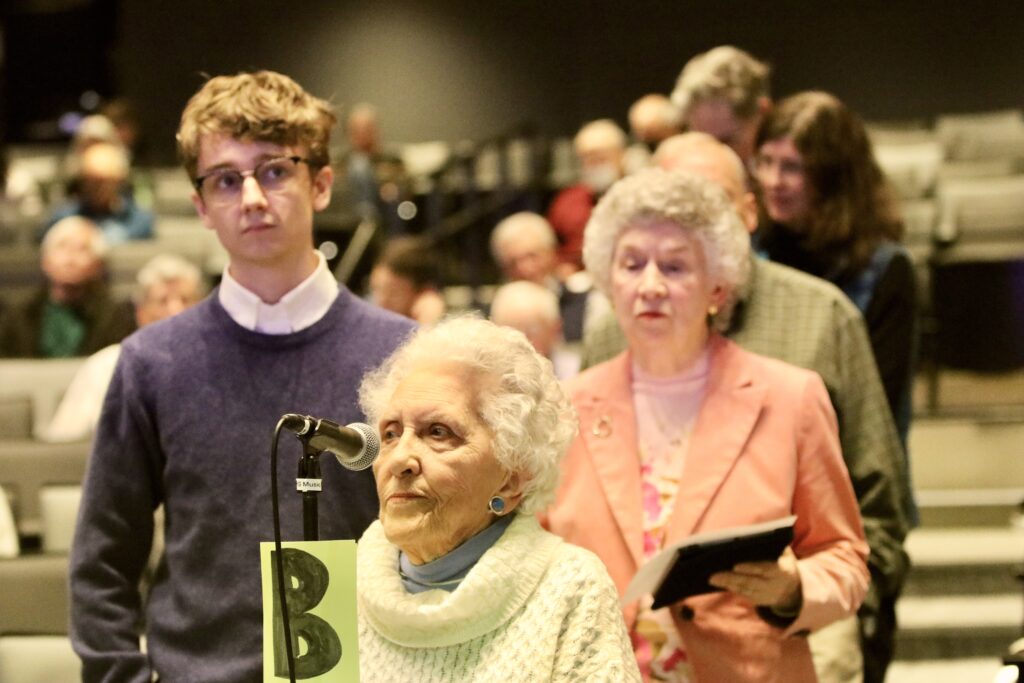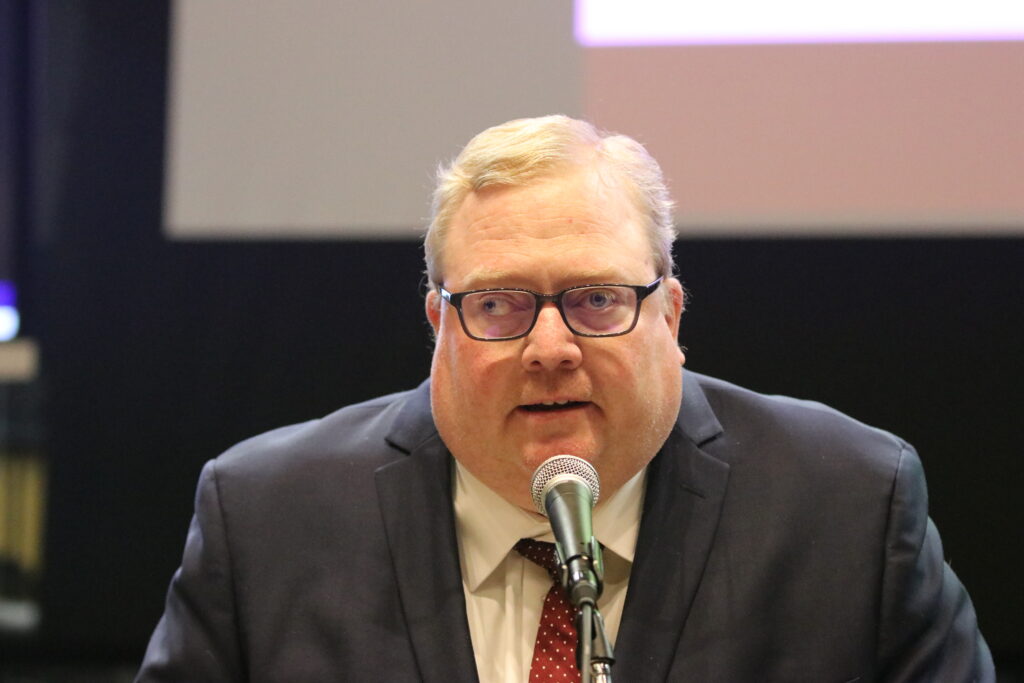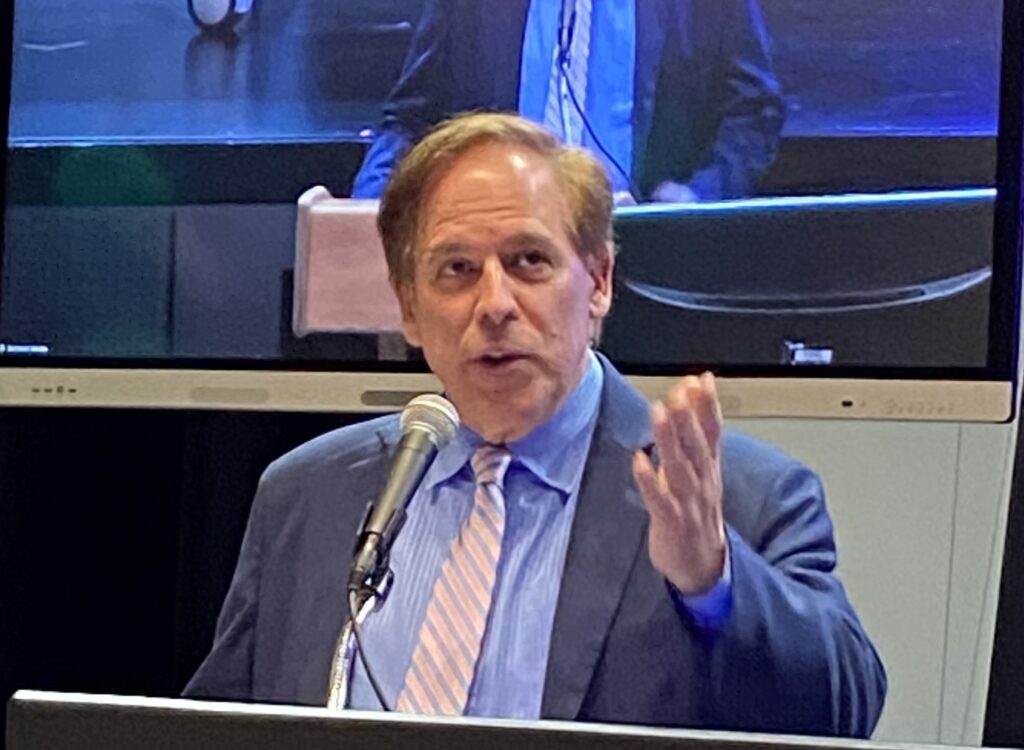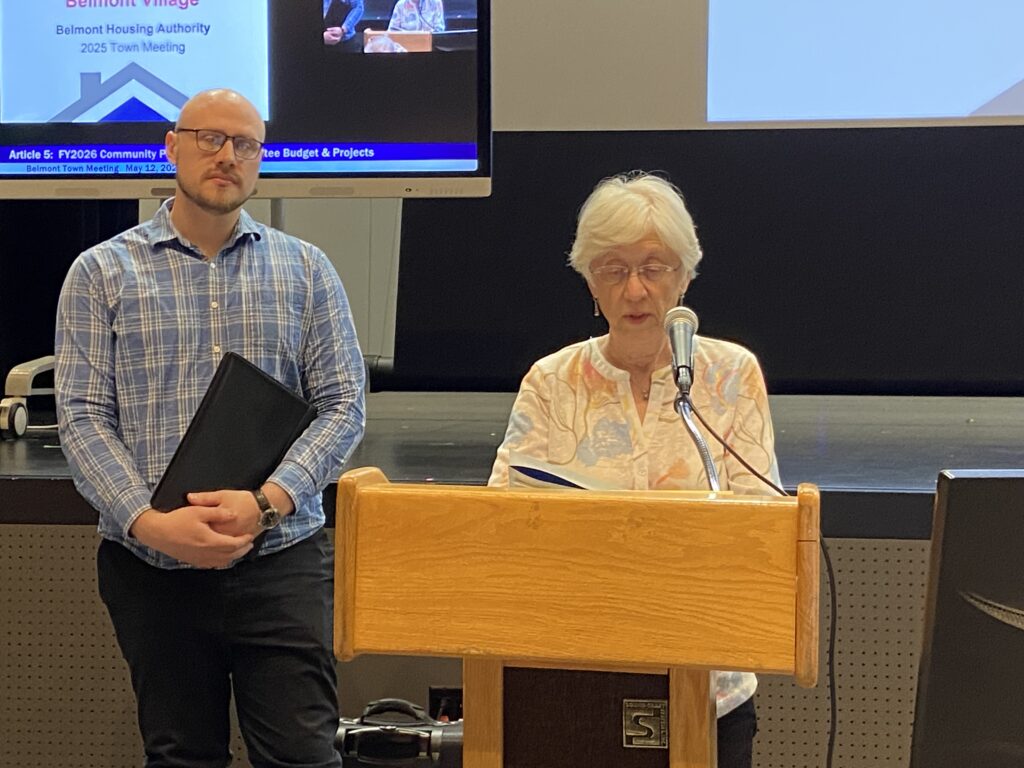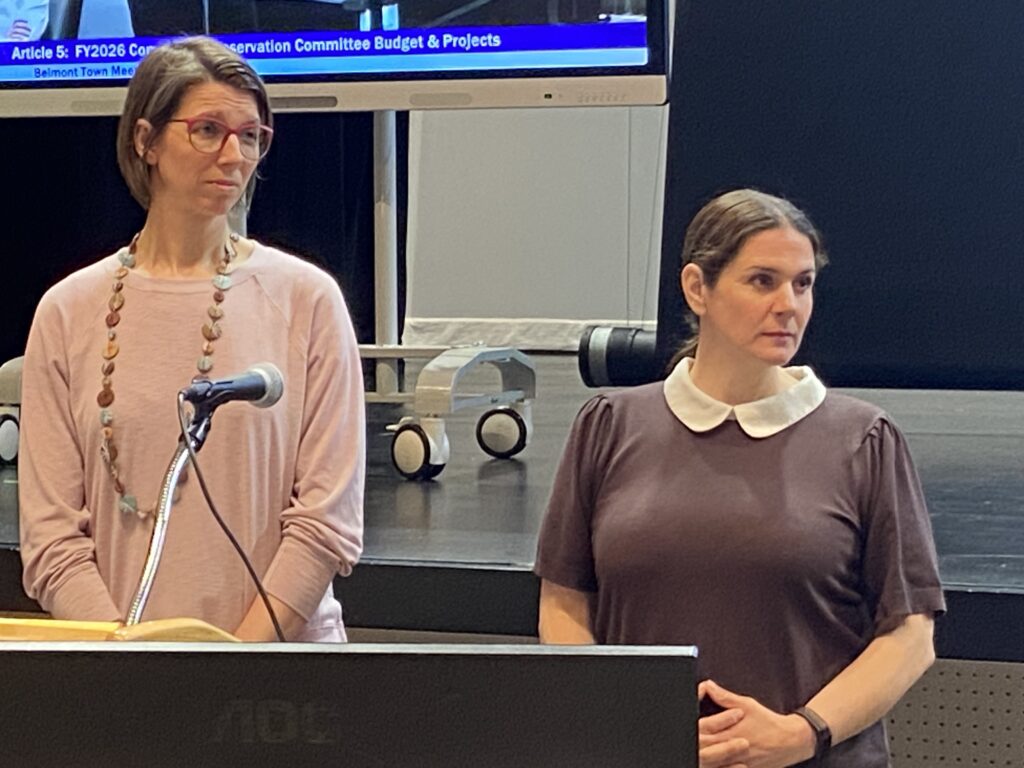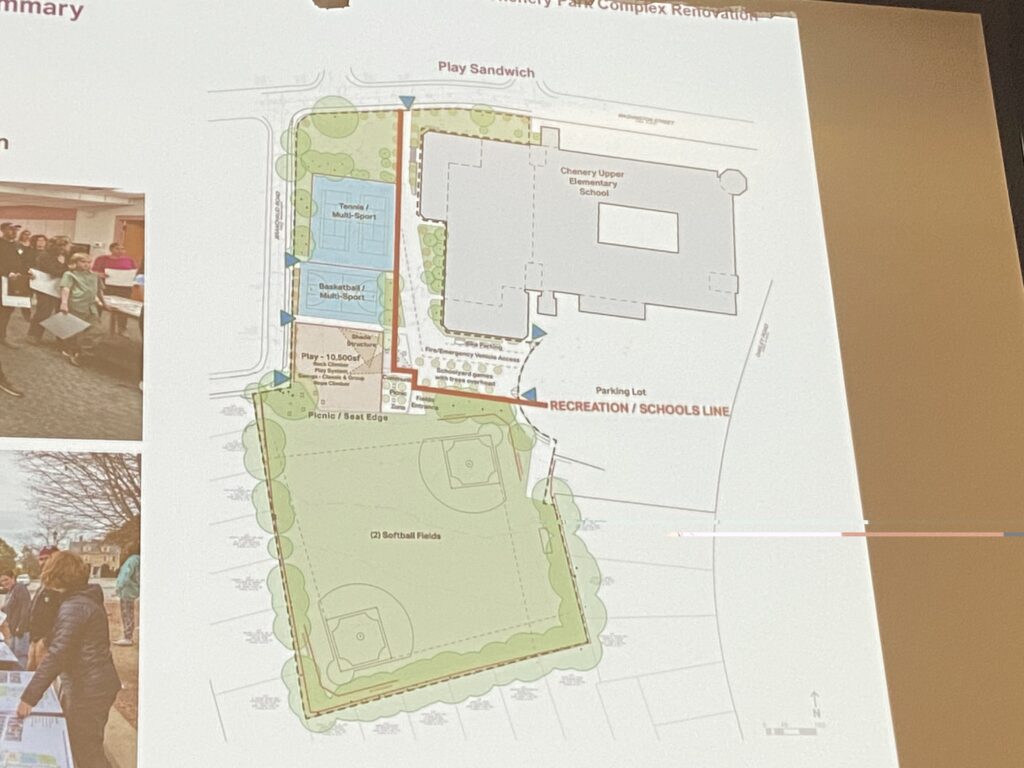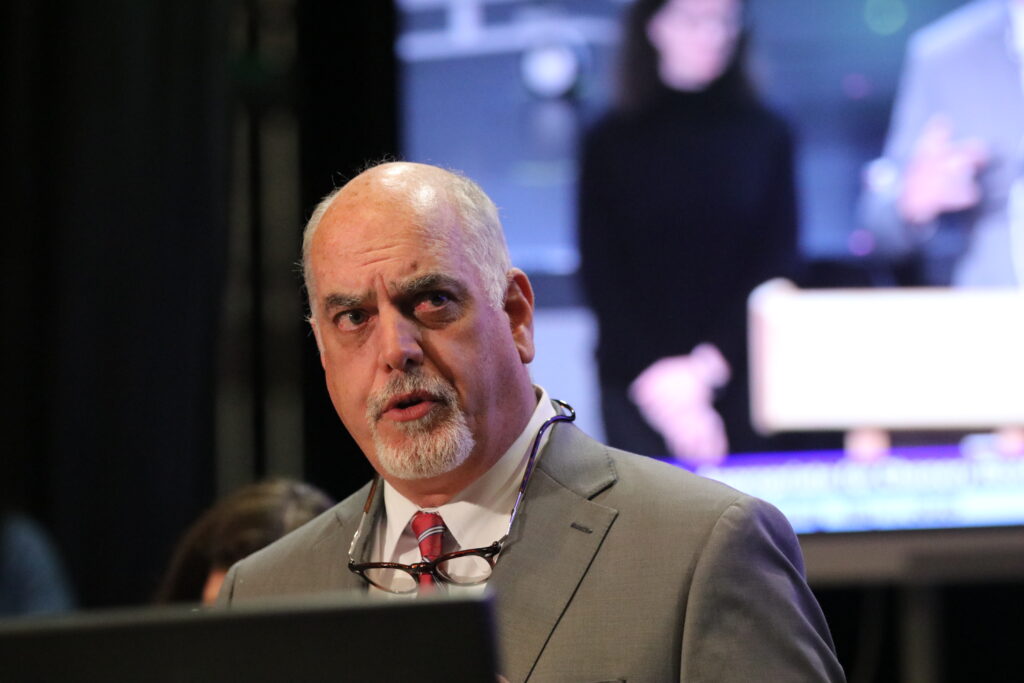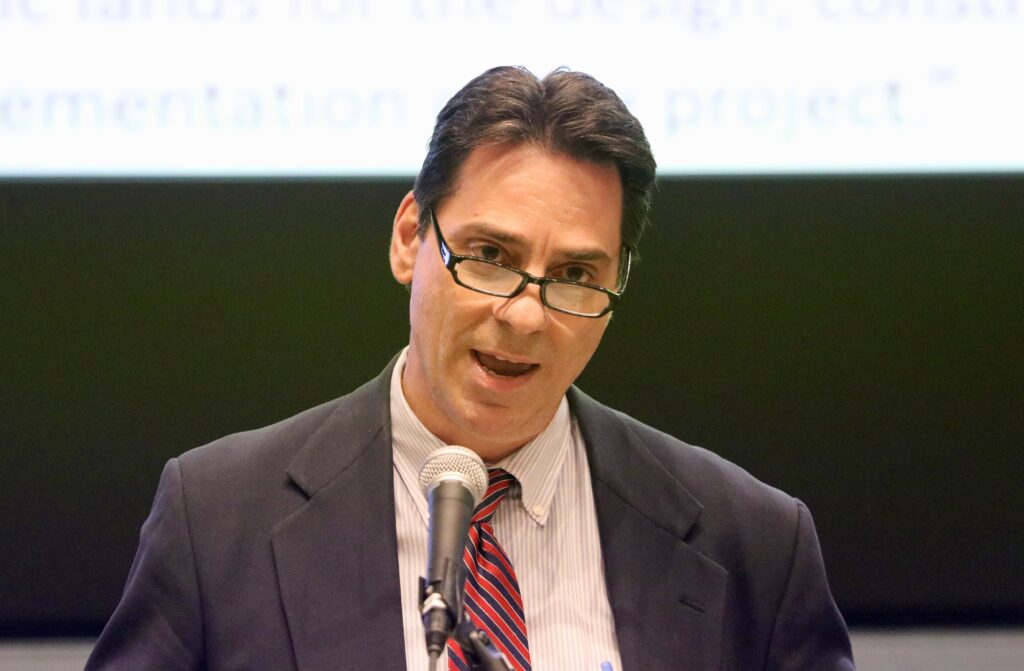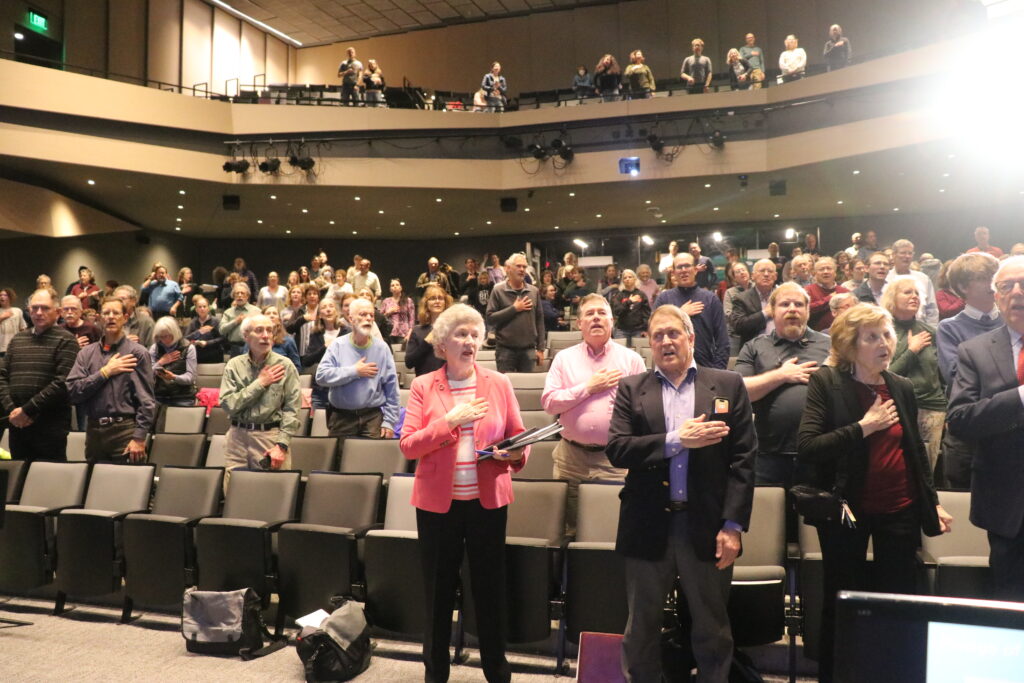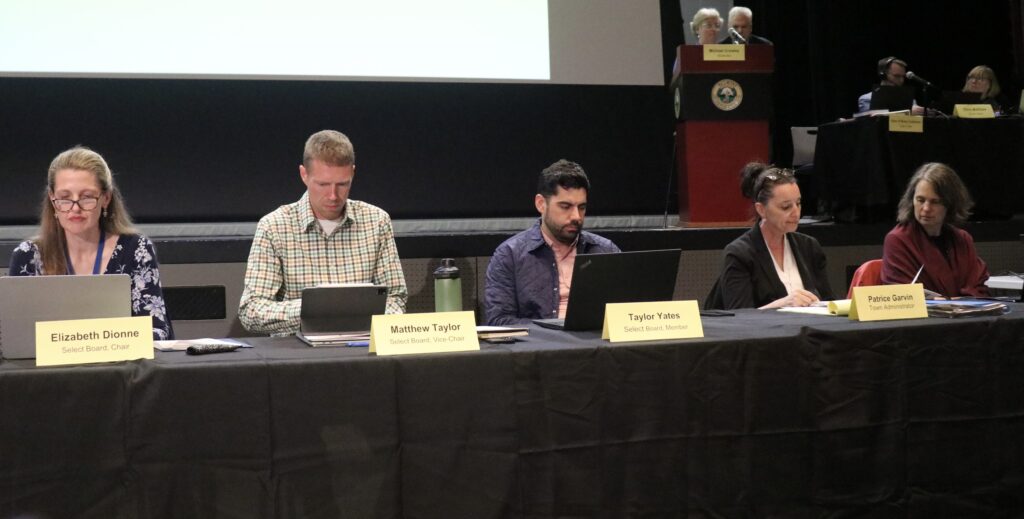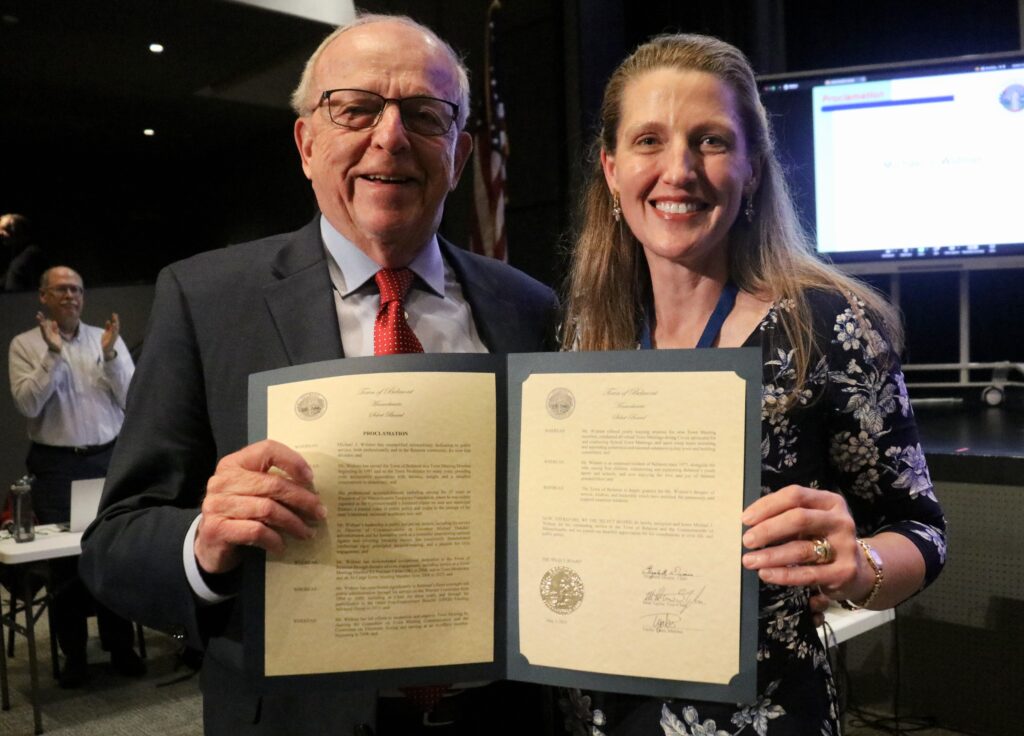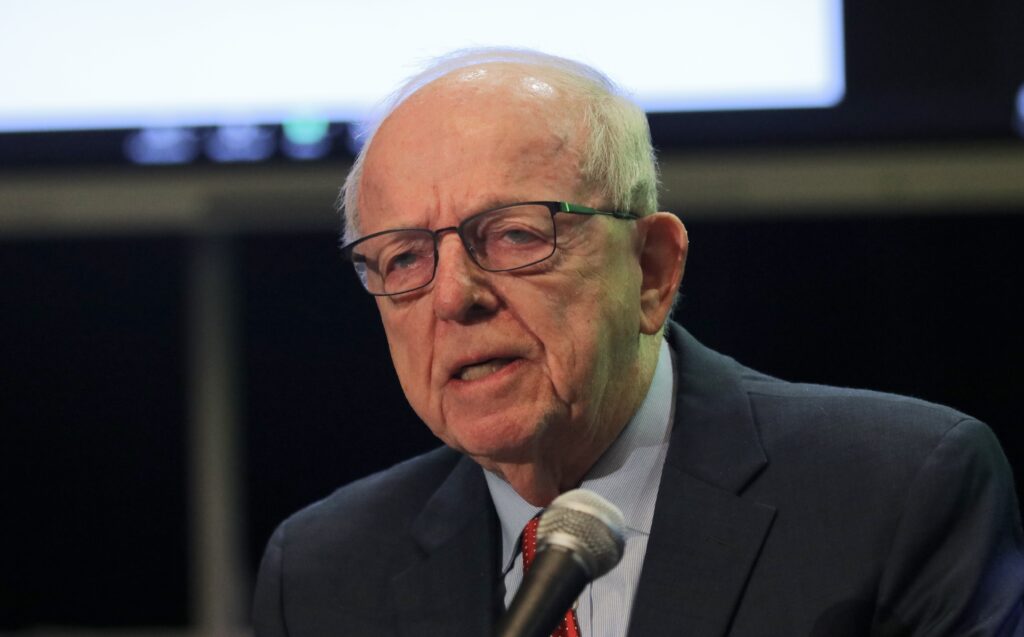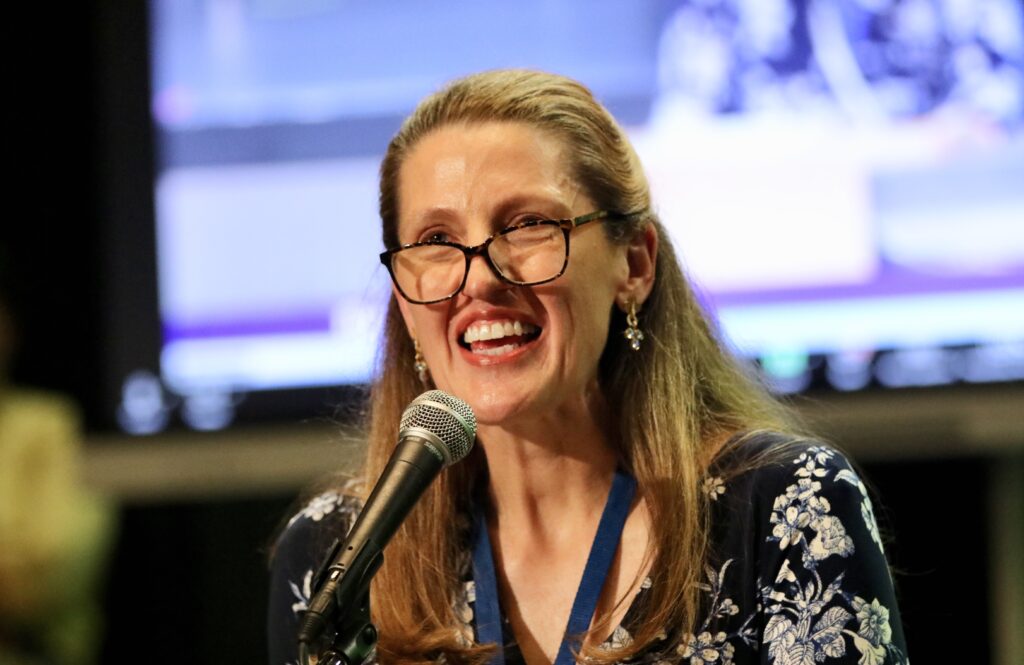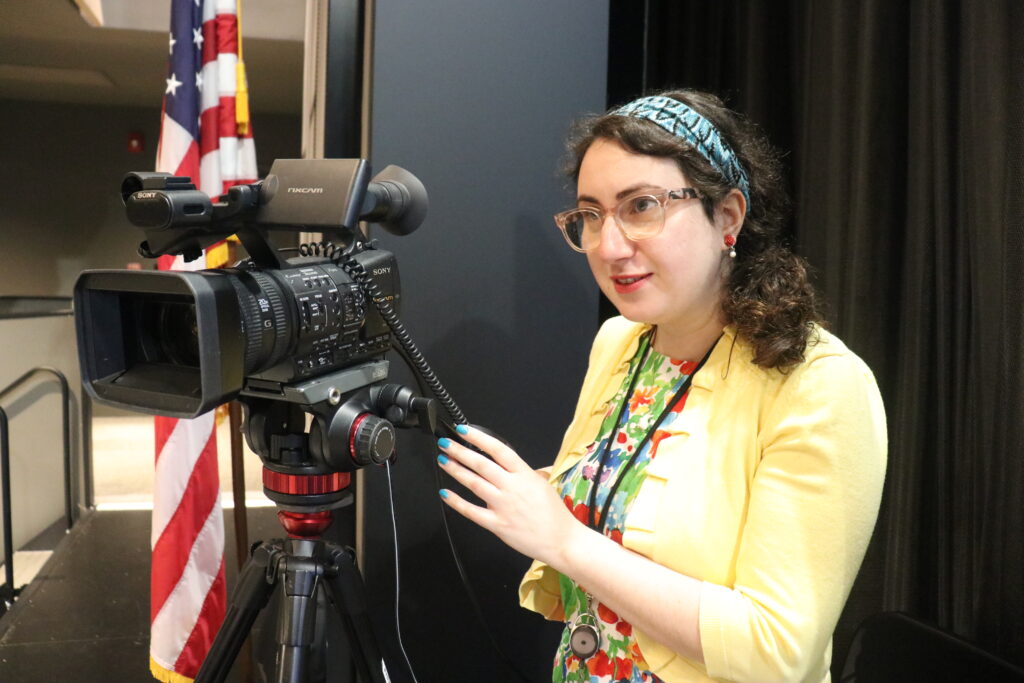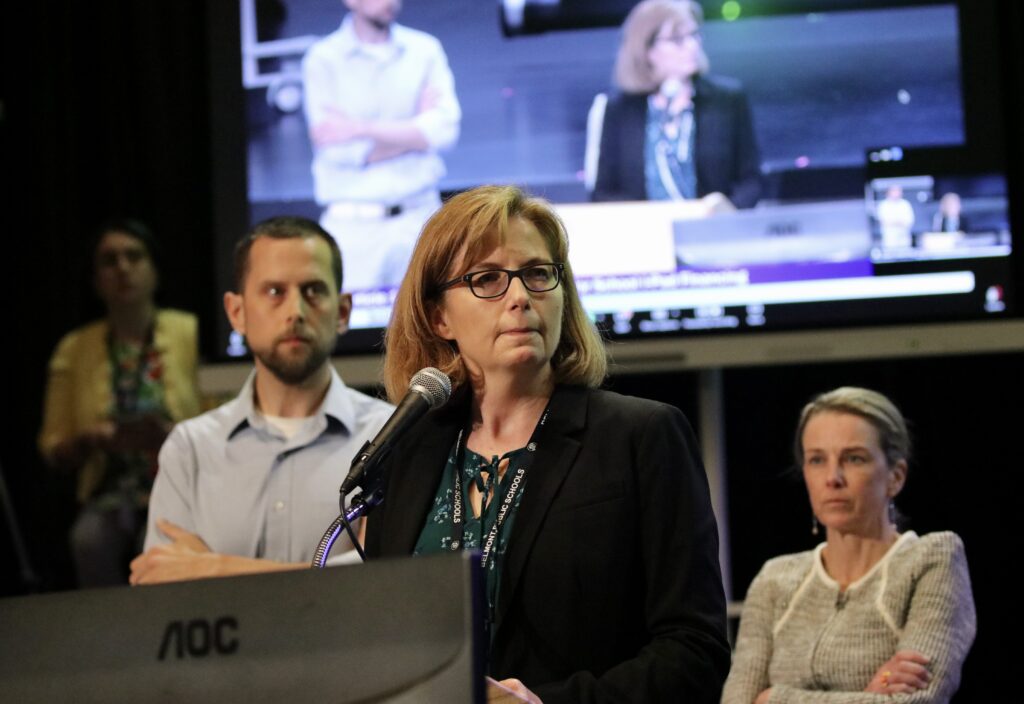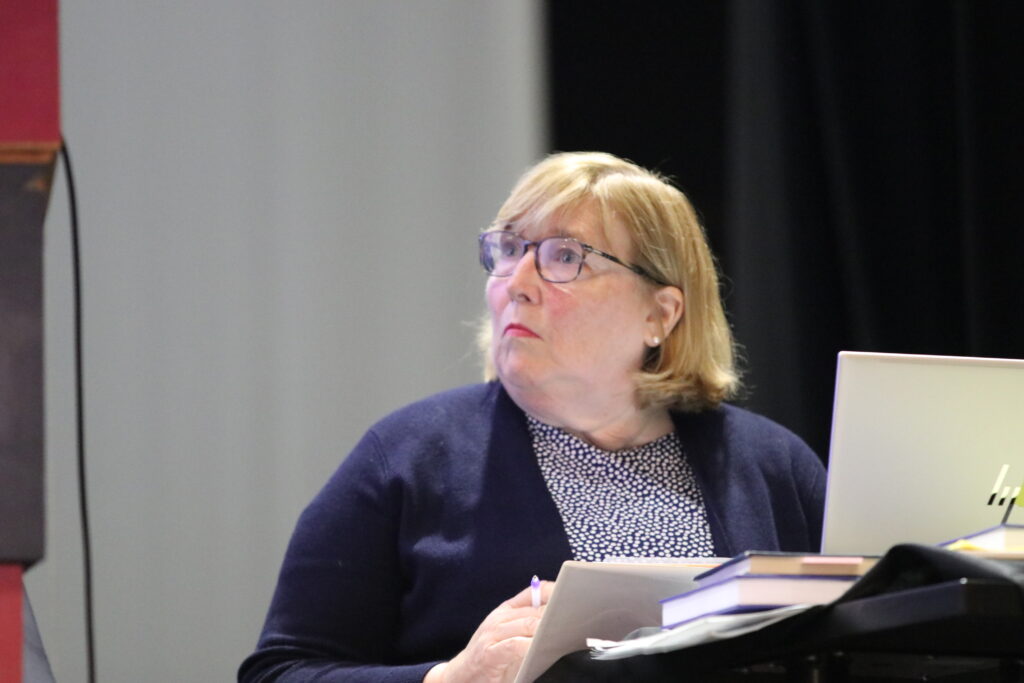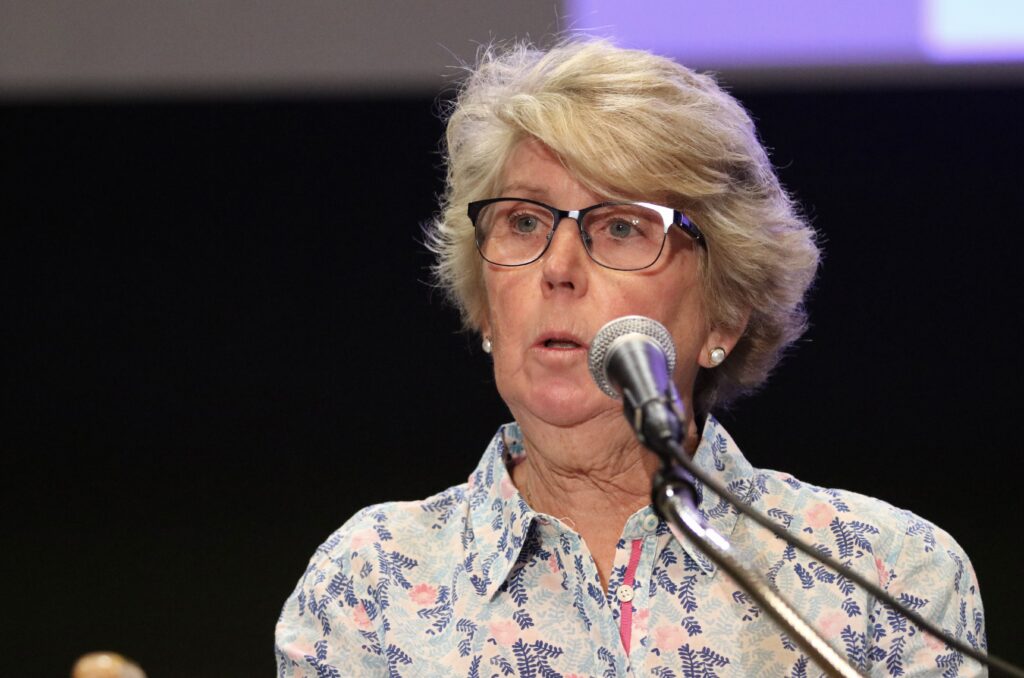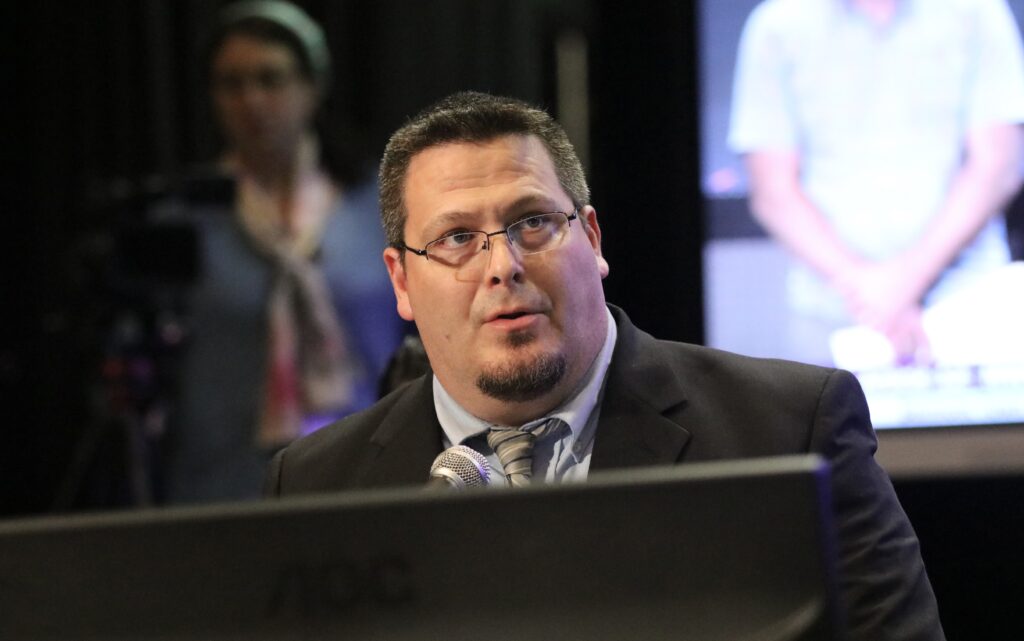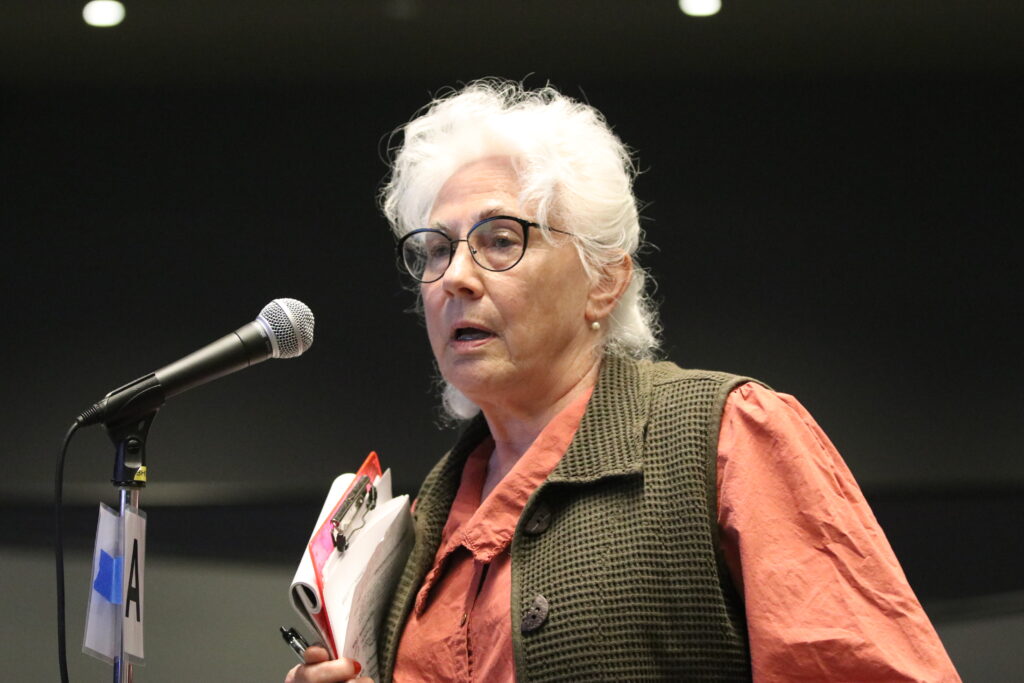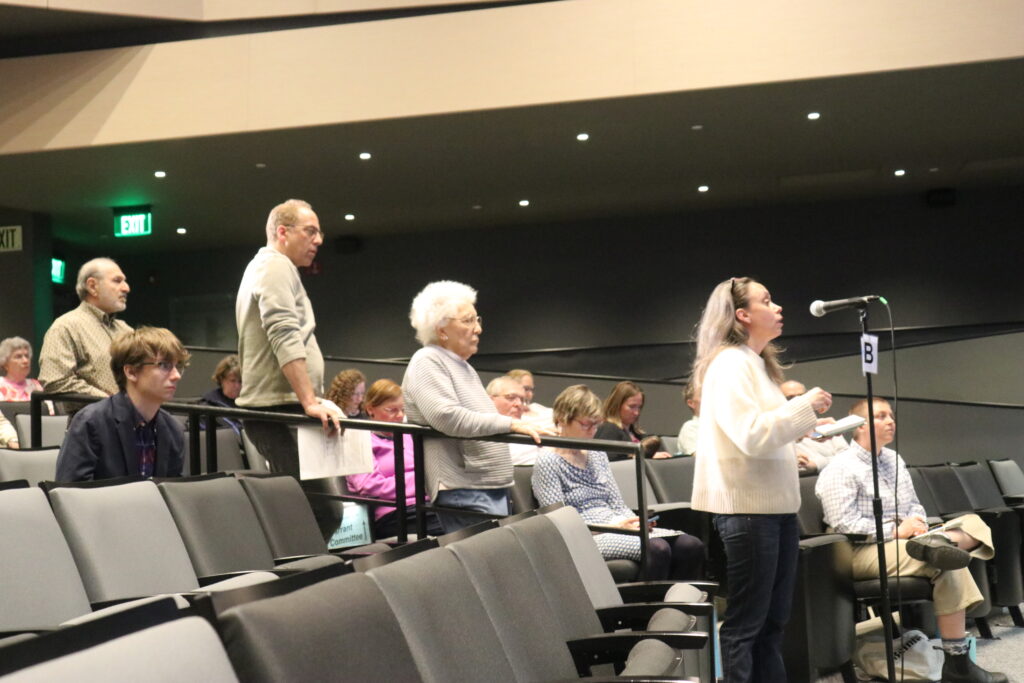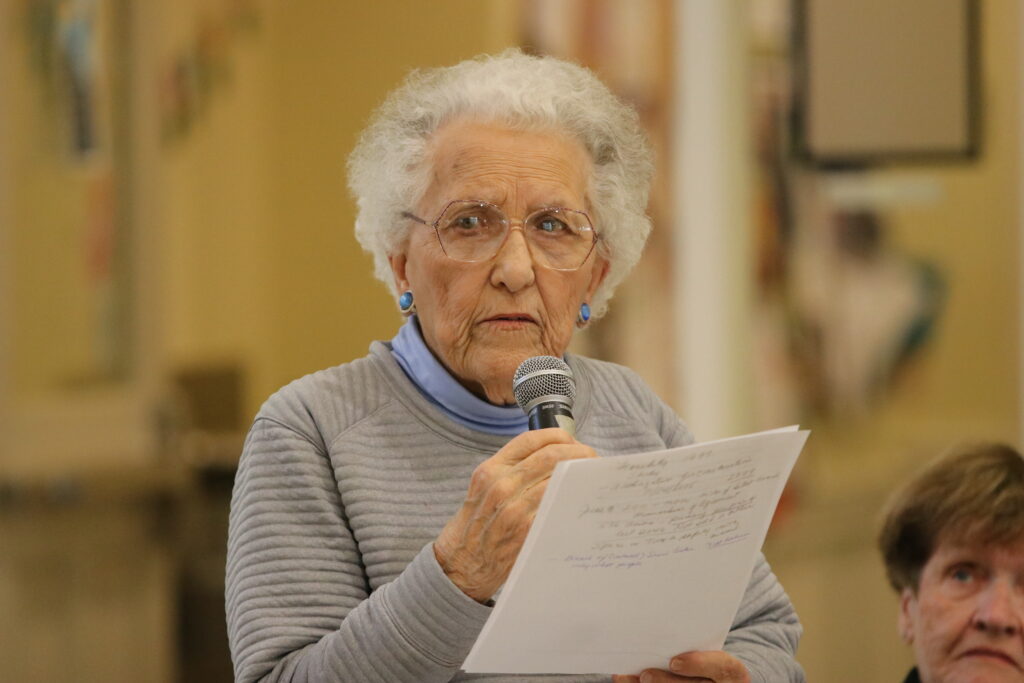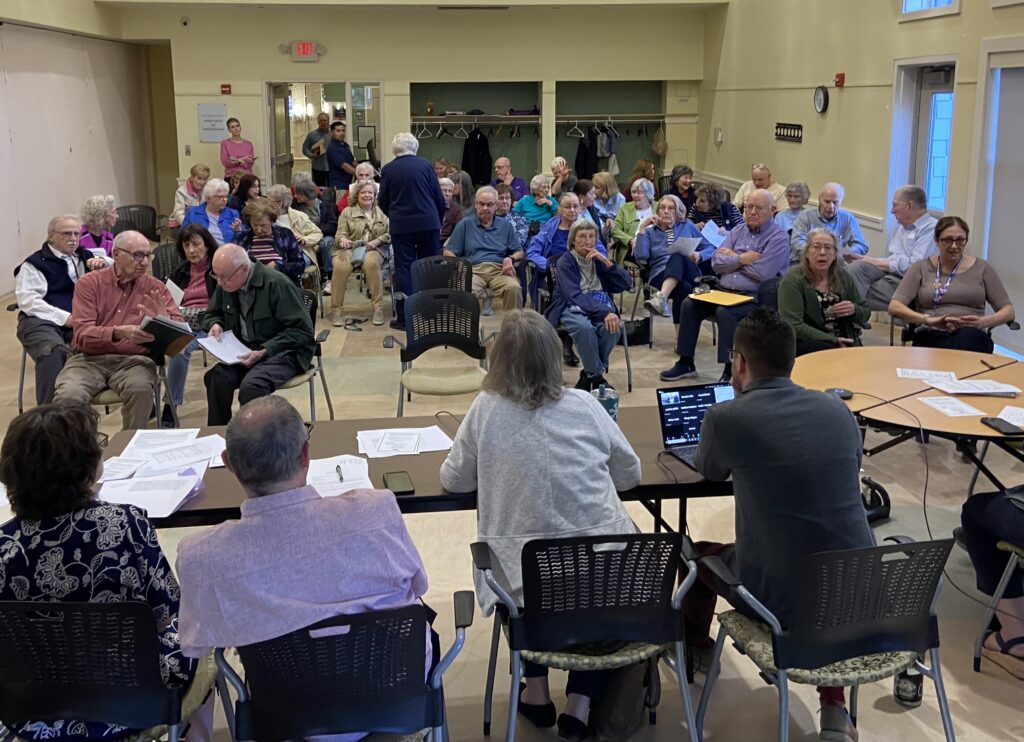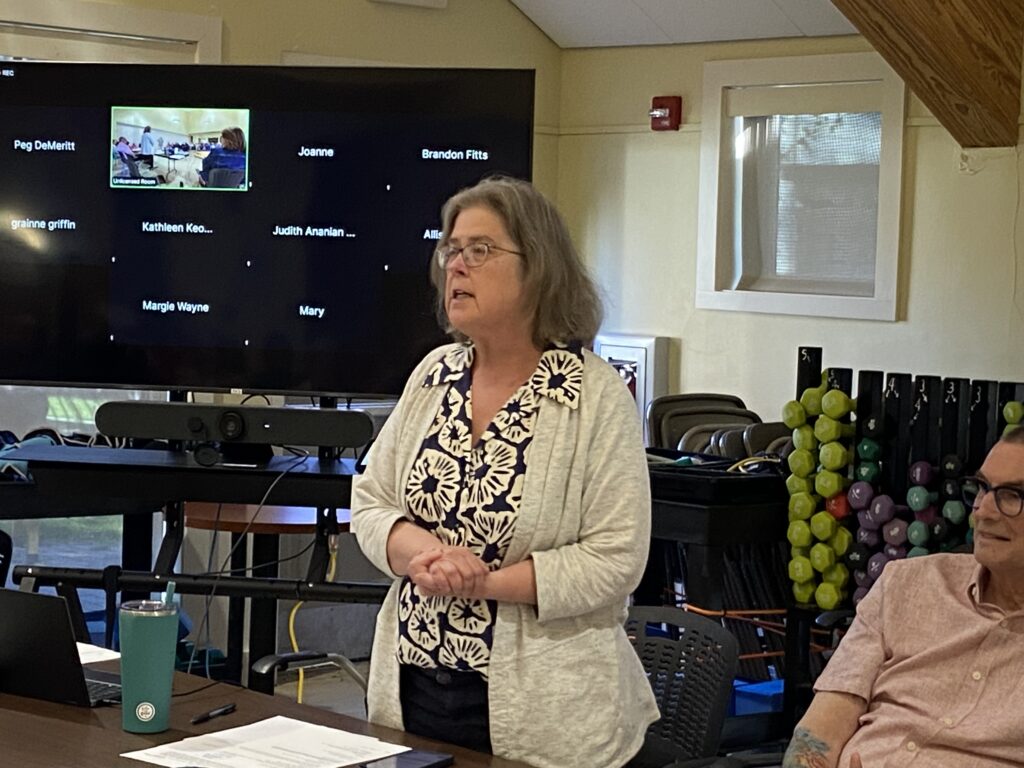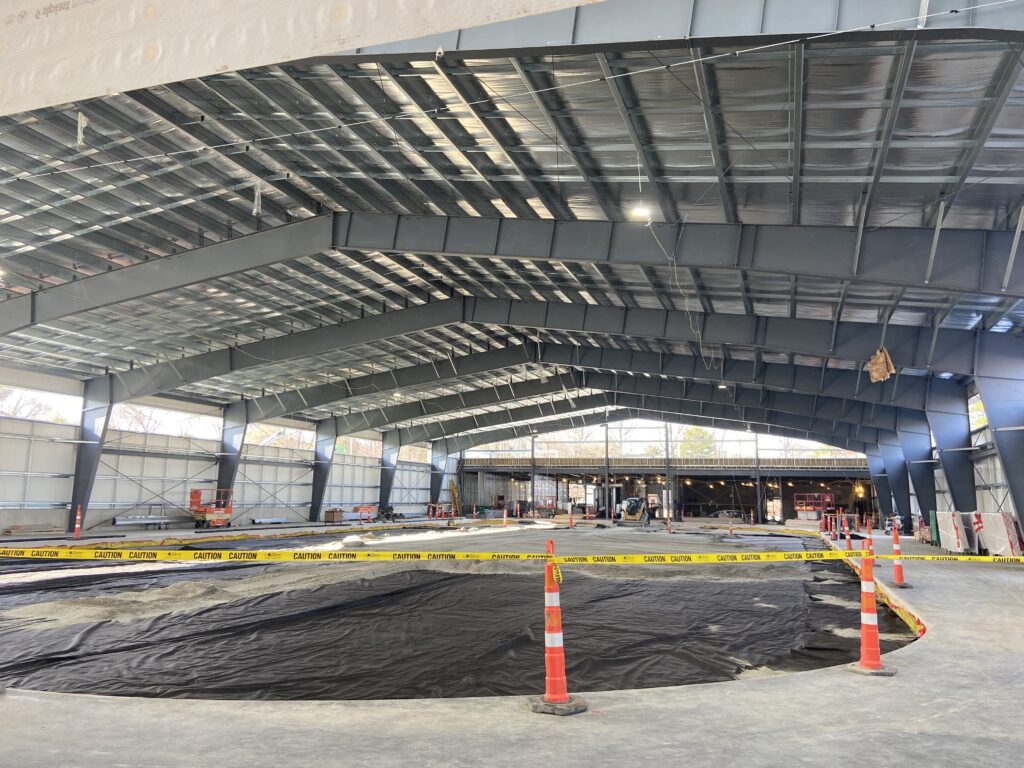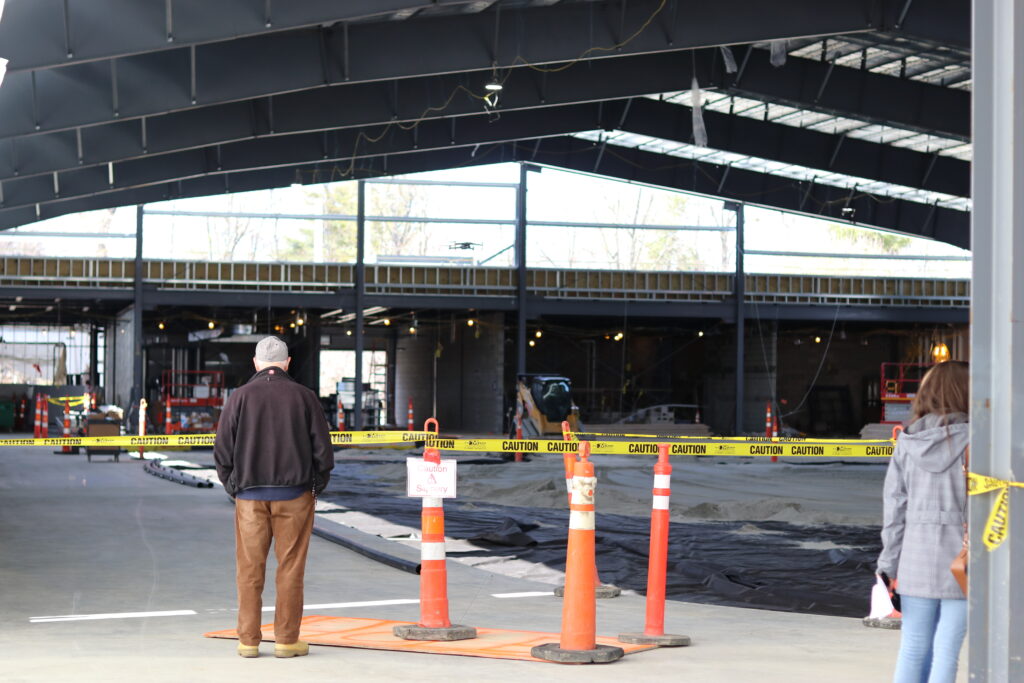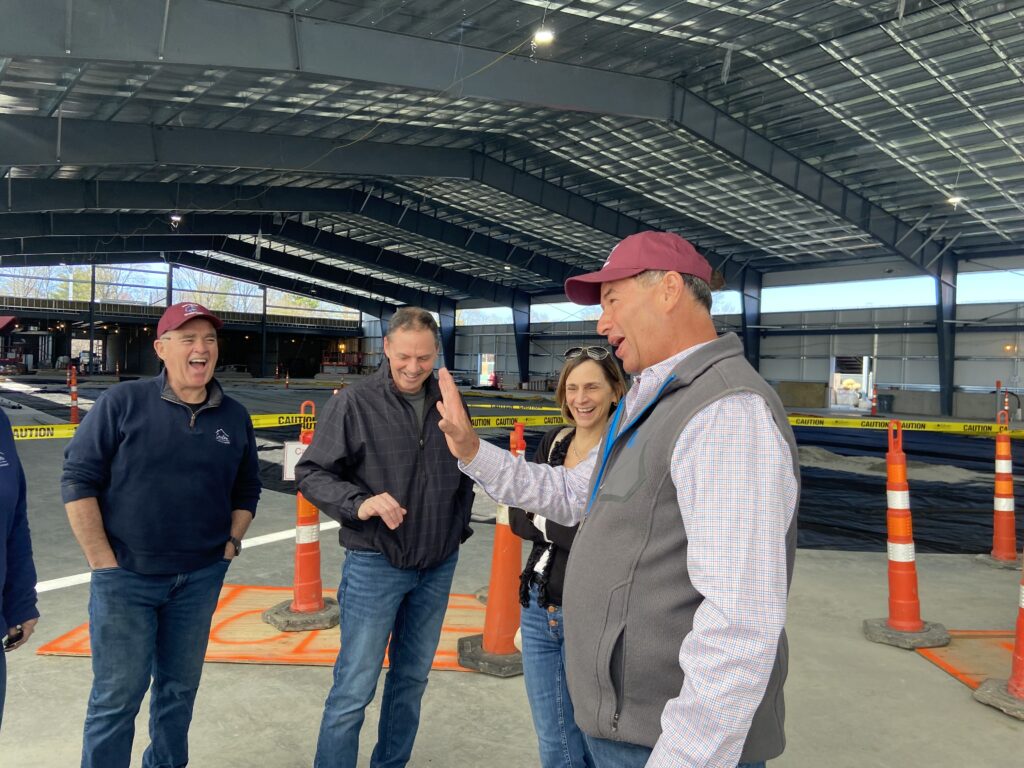Photo: Jay Marcotte, Belmont’s DPW director
The Select Board approved a $1.2 million contract to a familiar firm as part of Belmont’s long-running water main replacement program.
Belmont Department of Public Works Director Jay Marcotte announced to the Board at its Monday, June 9 meeting that Cedrone Trucking Inc. of North Billerica was the low bidder of seven firms that sought to undertake the 2025 replacement project. While the work will begin in fiscal ’26, it will be paid with last year’s funds.
“This is [fiscal] ’25 money,” said Marcotte. “We’re a year behind.”
The streets being dug up are:
- Barnard Road
- Jonathan Street
- Worcester Street
- Drew Road
- Benjamin Road
The work will begin in mid- to late-July. The one peice of good news for residents anticipating is that once the streets are dug up and the pipes replaced, they will be in line for repair and repaving.
“This project is working in tandem with the pavement management program” so residents will have all work done over a short period of time,” said Marcotte.
This marks the 10th time over the past 11 years that Cedrone has won the job, which Marcotte was pleased with the decision.
“They’re a great company which we have a great relationship. They know what we want they actually are fairly proactive about getting it done,” said Marcotte.
